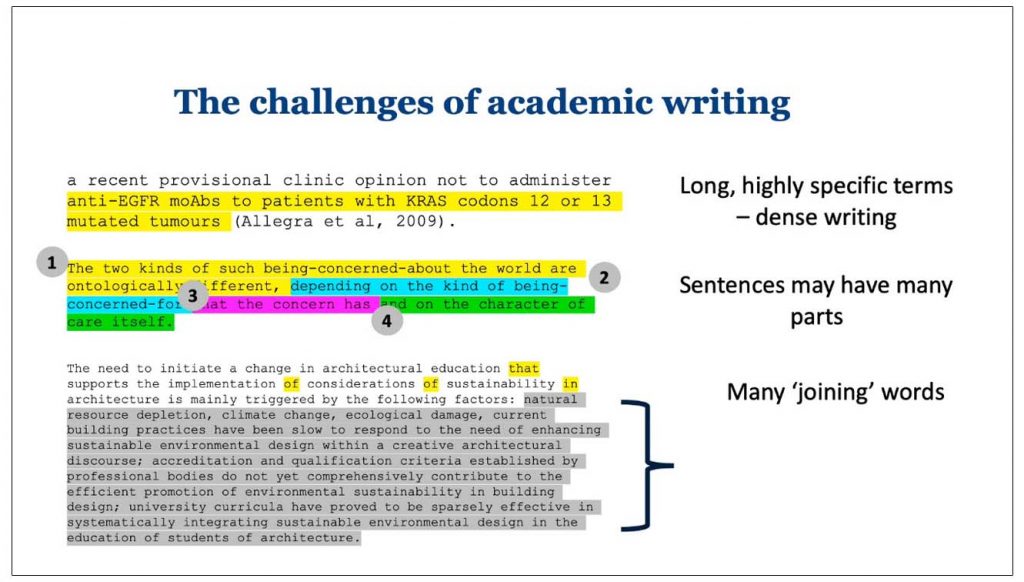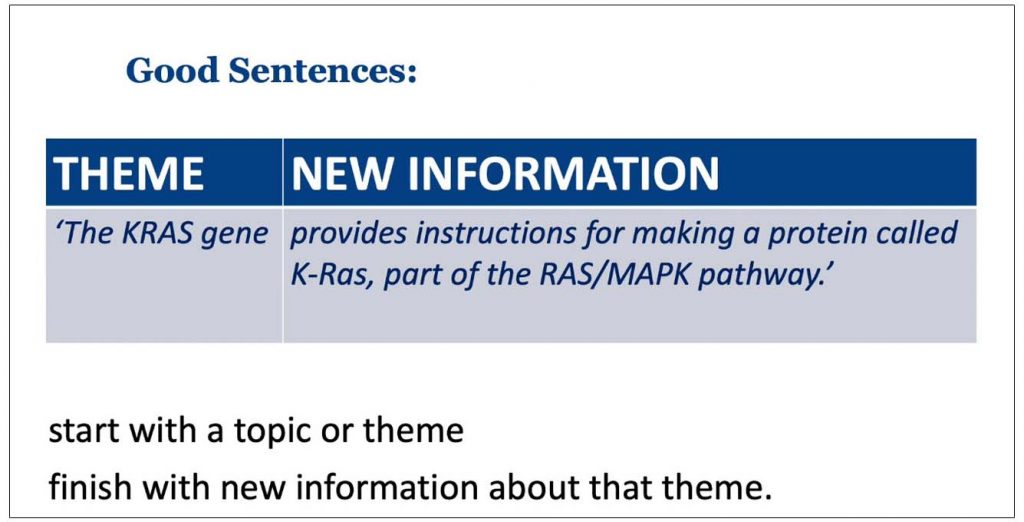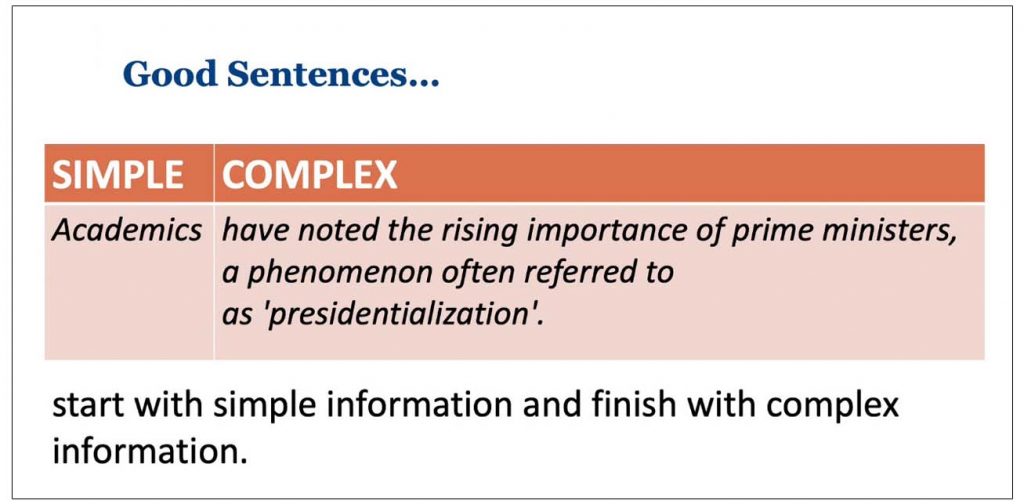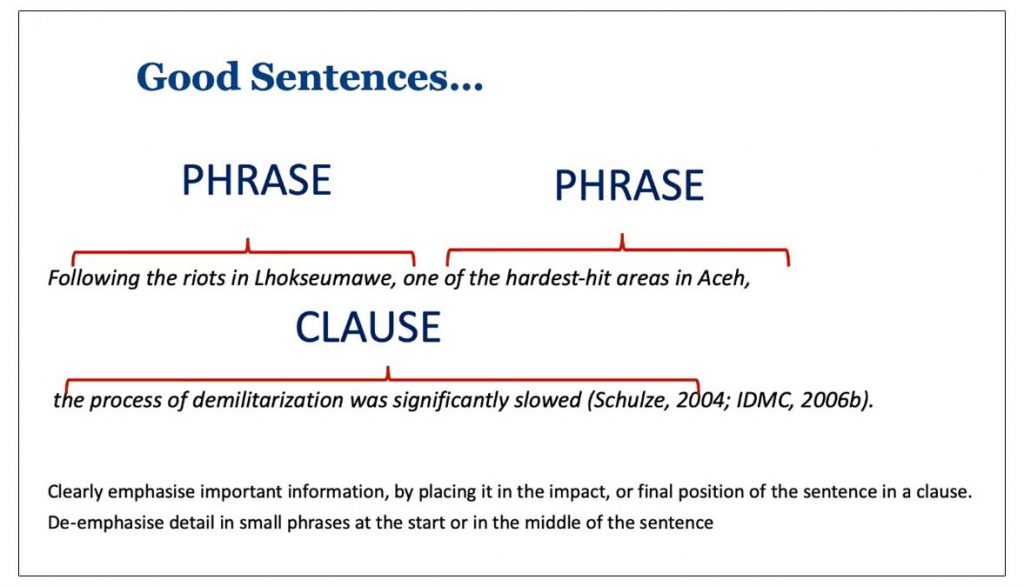Being a student means you will have to do a bunch of assignments during every term. Most students find it difficult and may face many challenges at the beginning and they may not be able to do assignments clearly and persuasively. If you are looking to bring clarity to your writing, read this article. In this article, I’m going to talk to you about how to bring clarity and focus in academic writing and write needly, both to improve your employability and to please your examiners and make your own marks better.
How to Bring Clarity and Focus in Academic Writing
The Challenges of Academic Writing
Academic writing is something that all students have to learn. It has a unique style which can make it difficult both to read and write. Academic writing contains many highly specific terms, which are unfamiliar to people outside the discipline. This makes reading dense and complex.
Academic writing must be precise, making clear exactly what is being referred to. Therefore, it often extends on an idea with extra words and phrases, sentences and parts of sentences easily become very long.
Sentences may have many parts. Ideas are extended with joining words such as: and, as well as that, which, of, in, and sometimes with long lists. When we extend ideas with extra words and phrases, we encounter problems with how to logically order the parts of the sentence.
What is the most important information and where should it go? How do we arrange the other parts of the sentence around it? These challenges mean that even when our grammar and spelling are correct, it can be harder to communicate our ideas clearly.
Have you ever had comments like this on your essays?
- This sentence is awkward.
- Your ideas are frequently good, but your writing is unclear.
- Your expression needs work.
- Vague
Clarity and Focus
Academic writing is complex. So your job is to simplify it for your reader wherever possible. There are rules and patterns that make writing more readable. Then your ideas can be clearly seen and understood, as through a clean window pane. As the famous English writer George Orwell once noted.
So what makes a good sentence and a good paragraph?
Good Sentences:
Good sentences start with a topic or theme. Finish with new information about that theme.
In the example above from genetics, it’s easy to understand what the theme of this sentence is because it’s placed at the start of the sentence. This is true, even if you know nothing about genetics and don’t know what a crass gene is. Good sentences start with simple information and finish with complex information.
The above sentence starts with the word academics, which is easy to understand because it is familiar. It finishes with the new complex term ‘presidentialization’, which is now easier to understand because we’ve already explained what it is.
Good sentences emphasize important information by placing it at the end of the sentence in a full clause. That is a sentence part that has a verb in it. Background information is placed at the start, in phrases that have no active verb, signaling to your reader that they are not the main point of the sentence.
One of the most important goals of social life is to attain status in the groups to which we belong. Such face to face esteem is defined by…
Have continuity in the flow of ideas form one sentence to the next.
The above fragment of a paragraph demonstrates flow. That is the first sentence finishes with a new idea: attaining status in a social group. This idea now begins the next sentence and extra new information is added to it.
This flow does not need to be in the very next sentence, but sentences should always move from familiar to unfamiliar to develop ideas through the paragraph.
Good Writing Strategies:
How to make your writing more reader-friendly through topic sentences.
- Topic Sentences
- How placing information in different parts of the sentence changes the focus.
- What the IMPACT position is.
- How to create flow in paragraphs.
- How to use vocabulary effectively.
- And many more strategies to improve the clarity of your academic writing.
You May Also Be Interested to Read the Following Articles:
- What are the Basic Steps of Writing an Essay – Beginners Guide
- The Steps of Writing a Synopsis – 8 Easy Tips to Write Synopsis Like a Pro
- 6 Qualities of Good Academic Writing You Should Adopt Now!





